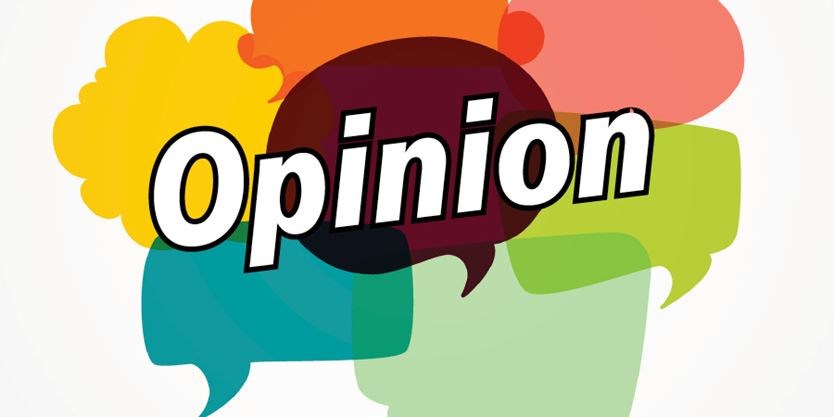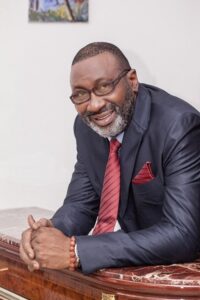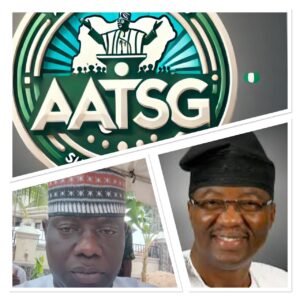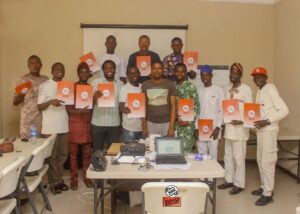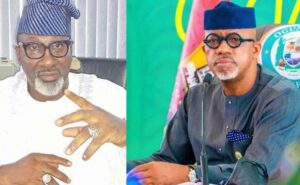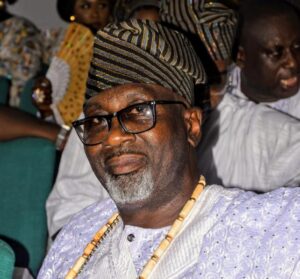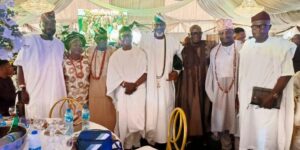We allow leaders to lead without holding them accountable for results. Then we have leaders who think that government is their family business and should be some sort of heirloom. Clearly our standards are so low, we don’t hold our leaders to anything.
“To whom much is given, much is expected” is an idiom that most live by. Employees are expected to deliver results in exchange for a salary. Doctors are expected to treat patients back to good health in exchange for fees. Children are expected to perform very well in exams because we pay fees to schools and after-school teachers. We expect artisans to deliver our goods to expectation. We expect our religious leaders to conduct themselves in a certain way. Same with our law enforcement officers. We demand performance from all these persons. But when it comes to our politicians, we seem to have no standards or expectations.
We are ready to excuse their poor performance and even to give them second, third and fourth chances.
The 2019 elections are upon us. And our airwaves and media outlets are filled with campaigns, adverts, speeches and everything and anything to sway public opinion in favour of certain individuals and parties. Our hard-earned money that we give to government in the form of taxes and fees, won’t be spent on schools or hospitals or infrastructure but rather will be channelled to buying jingles and putting up billboards to convince us that they have our interests at heart.
Politicians are all over the place talking nice and big. Holy and sweet. Coming out of their bullet-proof SUVs and eating with scantily-clad dirty-looking children and women in market places.
We hear talk about the “next level”, and about “making Nigeria great again”. These same people who have been in the corridors of power for years, want to get to the next level, even though they took Nigeria down to lower levels never seen before. What does it mean to get Nigeria working again? When did Nigeria ever work? Pre-independence? During the First Republic? The military era? What do these fancy slogans even mean?
The other day, a friend insisted that Nigeria, despite all, remains the Giant of Africa. Why do Nigerians think so? Do we even know what it means to be a giant? The African continent is home to thriving economies. So, to think that you are the giant, surely you must be bigger and stronger than other giants. Is Nigeria really the biggest or strongest of the lot?
Rwanda suffered a genocide from 1990 to 1994. The fratricidal war between the Tutsis and Hutus ended in 1994. Paul Kagame became vice president of Rwanda in 1994. From then till date, Rwanda has been transformed from a war-torn country to an attractive economy.
foraminifera
We hoped in 2015 that Buhari would help us find our way back to greatness. Unfortunately, it does seem that we have not made the much-anticipated progress.
There are 11 million Rwandans. Volkswagen recently opened an assembly plant in Kigali. Rwanda has pioneered the use of drones to deliver medical services to rural areas. Rwanda has become a laboratory and experiment for how to make peoples’ lives better. But, let us not compare Rwanda to Nigeria because that would be unfair to Rwanda.
Lagos State is more like it.
After 19 years of unbroken political leadership in Lagos State, what do we have to boast of? A link bridge that curves suspiciously along its path and is so long that it might have cost much more than it should. Poorly-built roads and uncompleted housing projects. Filthy roads. In almost two decades, we have reduced government’s intervention in our lives to building bridges and paving roads.
It is so bad that in the last three-and-a-half years, Lagos State did not sign any right of way request for laying fibre optics cables. What does this mean? It means that we have slowed down the roll out of internet access across the State. A world without readily available internet access in 2019? Isn’t Lagos State supposed to be the centre of excellence?
Some boast about the light rail project. Again, let’s compare with another African country: Ethiopia. The Lagos light rail was started in 2006 and is expected to be completed in 2023. Ethiopia started its version in 2011 and finished it in 2015. We could argue that the length of the Ethiopian light rail is shorter but that could also mean ours is poorly executed.
Same reason for our slow development. We allow leaders to lead without holding them accountable for results. Then we have leaders who think that government is their family business and should be some sort of heirloom. Clearly our standards are so low, we don’t hold our leaders to anything.
We hoped in 2015 that Buhari would help us find our way back to greatness. Unfortunately, it does seem that we have not made the much-anticipated progress.
I am not excited about 2019, Nigeria and leadership are like light and day.

